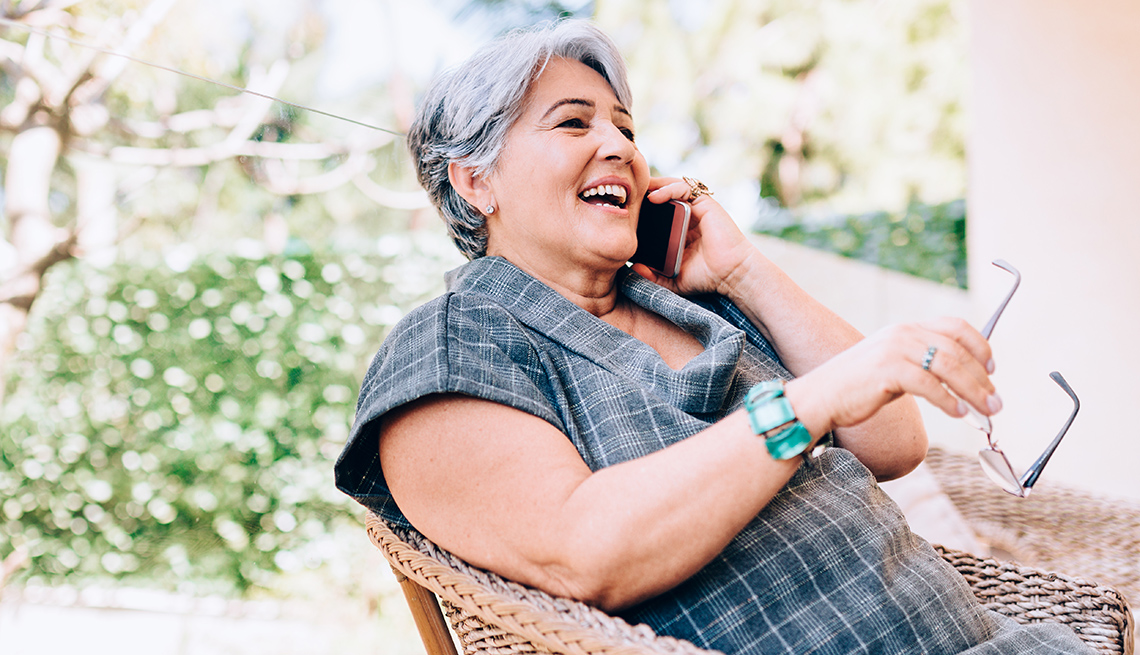AARP Hearing Center
If you crave human connection, try phoning a friend rather than sending a text message or email. It's more likely to produce a stronger bond, according to a new study.
During this era of social distancing because of the coronavirus pandemic, keeping up with family and friends outside your home is difficult. While you may think a less intrusive text message or email will suffice, researchers from the University of Texas at Austin (UT) and the University of Chicago found that isn't so.
"People feel significantly more connected through voice-based media, but they have these fears about awkwardness that are pushing them towards text-based media,” Amit Kumar, an assistant professor of marketing at UT, said in a statement.
As part of the study published in the Journal of Experimental Psychology, researchers asked 200 people to make predictions about what it would be like to reconnect with an old friend via either email or phone, and then they randomly assigned them to actually do it. Most participants preferred to email because they thought a phone call would be too awkward, even though they assumed it would make them feel more connected. That's not what happened.
"When it came to actual experience, people reported they did form a significantly stronger bond with their old friend on the phone versus email, and they did not feel more awkward,” Kumar said.
This echoes a 2017 study published in the Journal of Experimental Social Psychology that showed face-to-face communication was more effective in persuading colleagues to donate to a cause than an email missive. The email can be ignored or viewed with suspicion. People who see and hear someone respond to both the nonverbal and verbal cues.
Kumar and his fellow researchers also found that a call to a friend took about the same amount of time as reading and responding to email.
"We're being asked to maintain physical distance, but we still need these social ties for our well-being — even for our health,” Kumar said.


































































